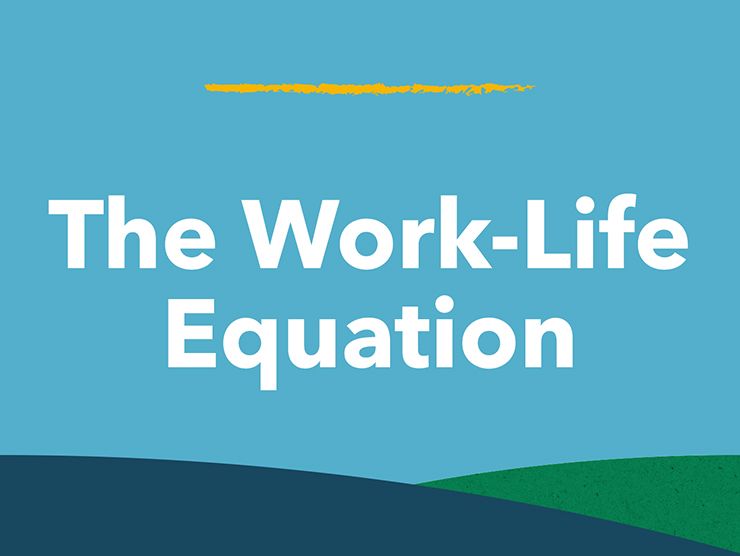Employers right now have a big problem. Unemployment is in the basement at a rock-bottom 3.8 percent. Everybody's competing for the same small pool of hires. One employer in Arkansas recently told me the local unemployment rate there is a mind boggling 2 percent.
There's wide agreement that developing the right skills is going to be easier than hiring for them, and it's moving education and development into the spotlight.
Talk about missed opportunities.
But to make tuition assistance a real benefit - one that works for both you and your employees - you need to identify exactly what skills you need, remove the obstacles (financial and practical) to get there, and then guide people in the right direction.
And it's worth the effort. We've already seen employers successfully take this on. One client used its education program to successfully reduce vacancies for a key position to the lowest level in seven years. Another saw company-wide education contribute to frontline turnover that was practically half the national average. "We now pay more for degrees where there are predicted shortages," said one of our clients about their success story. "This ensures that our employees and our tuition dollars are focused where the needs of the organization are." That's seeing your education programs as an organizational performance strategy and not simply an employee benefit.
The above is a strategy that delivers significant ROI. Without a strategy, education isn't really an investment at all. It's just a place you spend your money.
There's wide agreement that developing the right skills is going to be easier than hiring for them, and it's moving education and development into the spotlight.
Missing a Golden Opportunity
So we were surprised recently at our WorldatWork session to see how few employers are using education programs to their full advantage. The employers in the group had all invested money in tuition assistance. But most hadn't linked them to any strategic goals. Only a fifth tied their programs to their talent needs; barely a tenth were measuring programs based on desired business outcomes such as improved retention, faster promotions, or better job performance. And less than 20 percent gave themselves high marks for communicating their education program benefits to their people.Talk about missed opportunities.
Leveraging the Full Value of Tuition Assistance
In the current talent crunch, employer-sponsored education has enormous power to deliver ROI. Study after study shows employees prioritize learning in job choices. So when you take these motivated employees, give them opportunities, and pave the way toward credentials, degrees, and new jobs, you end up with super motivated people who are growing into exactly the skills you want, and who see a future with your company. Everybody wins.But to make tuition assistance a real benefit - one that works for both you and your employees - you need to identify exactly what skills you need, remove the obstacles (financial and practical) to get there, and then guide people in the right direction.
What Great Tuition Programs Can Do
Strategy could take on any number of forms.- Maybe you're a hospital that not only needs nurses, but also needs to retain support workers such as food service and administration.
- Maybe you're a manufacturer that needs discrete skills to keep up with future automation.
- Maybe you're a service provider with an ongoing need to recruit contact center representatives and develop managers to lead them.
- Maybe you're any 21st century employer, that needs improved information security talent.
And it's worth the effort. We've already seen employers successfully take this on. One client used its education program to successfully reduce vacancies for a key position to the lowest level in seven years. Another saw company-wide education contribute to frontline turnover that was practically half the national average. "We now pay more for degrees where there are predicted shortages," said one of our clients about their success story. "This ensures that our employees and our tuition dollars are focused where the needs of the organization are." That's seeing your education programs as an organizational performance strategy and not simply an employee benefit.
Real Clients, Real ROI
And I can't stress enough - measure. Aetna, our partner in our WorldatWork session, has seen a 27-percent faster promotion rate among employee tuition assistance program participants, and an 8 percent retention gain. What would an 8 percent retention gain mean to your business?The above is a strategy that delivers significant ROI. Without a strategy, education isn't really an investment at all. It's just a place you spend your money.





